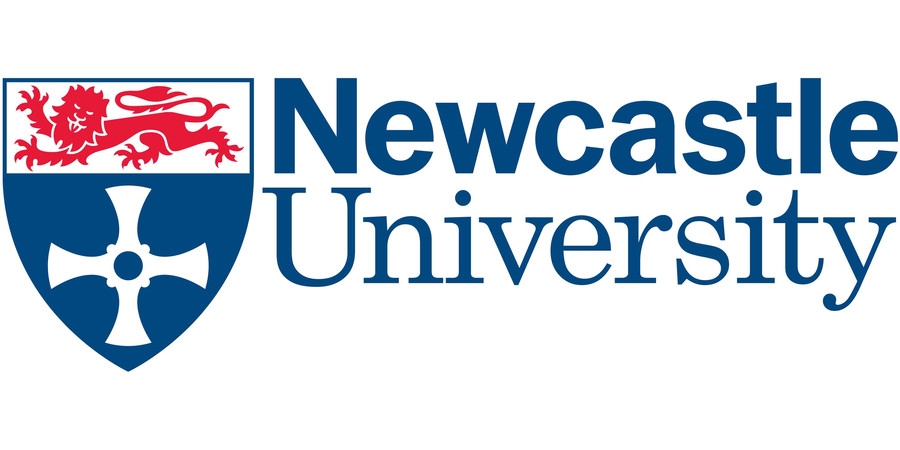PhD Studentship: How Does the Superficial Geology of Gateshead and Newcastle Influence Groundwater Flood Risk
Newcastle University
| Qualification Type: | PhD |
|---|---|
| Location: | Newcastle upon Tyne |
| Funding for: | UK Students, EU Students, International Students |
| Funding amount: | Not Specified |
| Hours: | Full Time |
| Placed On: | 30th October 2025 |
|---|---|
| Closes: | 8th January 2026 |
| Reference: | FLOOD261 |
Award Summary
100% fees covered, and a minimum tax-free annual living allowance of £20,780 (2025/26 UKRI rate). Additional project costs will also be provided.
Overview
The North East has a proud coal mining heritage, with hundreds of abandoned and flooded mine seams. Current groundwater levels are the highest ever recorded, and are rising due to the cessation of mine water pumping and climate-driven changes in rainfall.
This poses significant flood risk to homes, businesses and infrastructure. For example, during the winter of 2015/2016, mine water flooding at Kibblesworth in Gateshead flooded homes and businesses including Metrocentre Retail Park. Water pollution and groundwater/mine water flooding incidents have been reported across low-lying parts of this borough.
Groundwater flood risk is strongly influenced by the area’s complex subsurface geology. The region’s superficial Quaternary sediments were deposited by the last British Ice Sheet, ranging from permeable glaciofluvial material to relatively impermeable lacustrine clays and glacial tills. Flooded mines create unexpected routes to the surface for groundwater, with the nature and structure of the superficial deposits influencing water movement and flood potential.
A stronger conceptual understanding of the region’s geology, particularly the heterogeneity and connectivity of Quaternary sediments and the interface between bedrock and superficial deposits, is essential. These datasets will inform hydrogeological models to identify groundwater recharge, routing and discharge, and where contaminants may be concentrated in the subsurface.
Working with directly with the British Geological Survey and project partners in industry including Gateshead Council (and Project Groundwater Northumbria) and the Mining Remediation Authority, this PhD aims to quantify how the superficial geology, bedrock aquifers and mine systems of Gateshead and Newcastle influences groundwater flood risk and water contamination.
For further information on the project, we will be hosting a ‘Prospective applicant webinar’ at 2:00pm on the 26th of November. Link to the event can be found here: https://events.teams.microsoft.com/event/376b2195-d8da-47c0-86e2-b18813ec19e3@4a5378f9-29f4-4d3e-be89-669d03ada9d8.
Number Of Awards
1
Start Date
1st October 2026
Award Duration
3.5 years
Application Closing Date
8th January 2026
Sponsor
Natural Environment Research Council (NERC)
Supervisors
Prof Bethan Davies, Newcastle University
Eligibility Criteria
You must have, or expect to gain, a minimum 2:1 Honours degree or international equivalent in a subject relevant to the proposed PhD project. Enthusiasm for research, the ability to think and work independently, excellent analytical skills and strong verbal and written communication skills are also essential requirements.
Home and international applicants (inc. EU) are welcome to apply and if successful will receive a full studentship. Applicants whose first language is not English require an IELTS score of 7.0 overall with a minimum of 6.5 in all sub-skills.
International applicants may require an ATAS (Academic Technology Approval Scheme) clearance certificate prior to obtaining their visa and to study on this programme.
How to apply
For information on how to apply, please see https://www.ncl.ac.uk/postgraduate/fees-funding/search-funding/?code=flood261
Contact Details
Advert information
Type / Role:
Subject Area(s):
Location(s):









